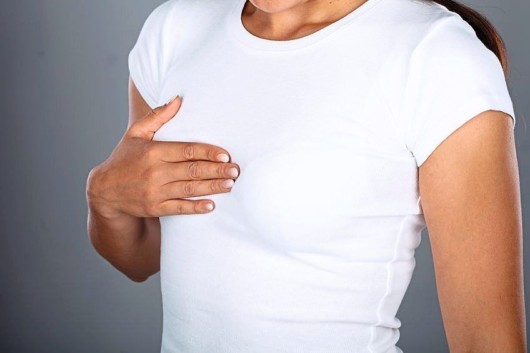Breast augmentation surgery is a surgical procedure that increases the size of the breasts. It enlarges or symmetrically shapes your breasts.
Breast augmentation can be achieved by transferring fat from another part of your body. This procedure, however, typically, is performed by surgically implanting breast implants.

Candidates are often women who desire to enhance the volume of their bosom due to a variety of factors, including:
- loss of weight
- childbirth
- breastfeeding
Women who seek to harmonize their bodily proportions are among the other candidates. An individual with smaller boobs and broader hips, for instance, may desire to increase their breasts.
Women with asymmetrical breasts often consider augmentation to equal their breasts’ size. People whose breasts did not grow as envisioned are also candidates.
How to Prepare for a Breast Augmentation
You must follow your surgeon’s preliminary instructions to be ready for the procedure. Beginning at midnight prior to your surgery, you will be told to avoid eating or drinking.
Your surgeon will encourage you to quit smoking in the weeks leading up to your breast augmentation. Smoking increases your chances of problems and reduces blood flow throughout your body. This can make it more difficult to recuperate from surgery. It’s also conceivable that smoking weakens your immune system, increasing your chances of contracting an infection.
What Is the Price of a Breast Augmentation?
According to the American Society of Plastic Surgeons, an augmentation cost about $3,718.00. However, it can cost more depending on the type of procedure performed. Therefore, prices can vary. Fees for the following are not included in the quoted cost:
- prescribed medication
- hospital gowns
- breast implants
- general or local anesthesia
- health facility
- lab work or tests
Elective cosmetic operations, unfortunately, are not covered by health insurance. Some insurance companies also refuse to cover diseases or issues that emerge following cosmetic surgery.
Note: the procedure and recovery time costs as well. Although the initial recovery period can take up to five days, the discomfort and swelling may linger for several weeks.

You’ll need to schedule time off from work for the surgery and for many days later to recuperate from the procedure.
Furthermore, your plastic surgeon may prescribe a powerful pain reliever that makes driving unsafe. You’ll require transportation throughout the process. While you’re using any required pain medications, you’ll need someone to transport you. Once your plastic surgeon says it is okay, you can resume your routine activities.
What Should You Expect?
Following the procedure, your surgeon will likely recommend that you wear a compression bandage or a sports bra to provide the stability you require during recuperation. They may also prescribe pain medication.
Your surgeon will advise you on when you should resume work and leisure activities. Patients can return to work in a couple of days. However, it’s possible that you’ll require a week off to heal. If your profession is more physically demanding, you may need to take more time off to recover.
You should take a two-week break from anything rigorous. Excess movement will cause your breasts to hurt. At a follow-up consultation, it’s probable that the surgeon will remove your stitches. Surgical drainage tubes may be placed close to surgical incision sites in specific circumstances.
Are There any Dangers or Negative Effects?
Sometimes, follow-up surgical procedures may be necessary to correct any issues that may occur. As their skin extends over time, some patients may want a breast lift or change the implant’s size. The following are some additional side effects that can possibly occur:
- significant scarring of the skin
- excessive night sweats
- unusual discharge from the breasts
- incision site not healing appropriately
- presence of fluid around the implant
- implant improperly placed
- implant leaking
- significant discomfort of the breasts
- bruising
- hemorrhaging
- infection of the incision site

General anesthesia, like any surgical operation, has dangers, such as death. Contact your plastic surgeon, if you experience the following:
- warmth around the surgical site
- a high fever
- redness of the breast
Check these most commonly asked question when considering breast augmentation.



